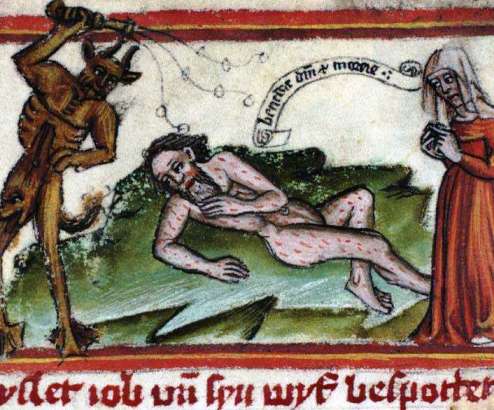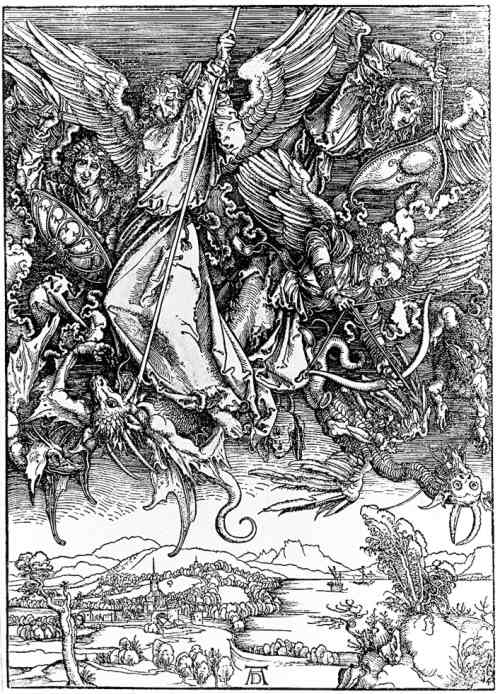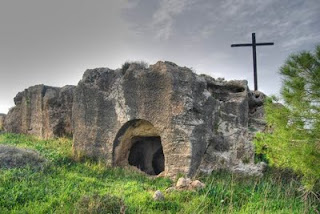Jesus said, “It is to your advantage that I go away, the
Helper will not come to you. But if I go
away I will send him to you.” (John 16:7) As a believer, have you ever wanted
Jesus to be right there with you, to clarify your questions, to take up your
burden, to ease your sorrow? I
have. I have thought in the past that
the Christian life must have been a lot easier for the disciples during their
three year training because Jesus was right there with them and guided them.
But if I think about it a little bit more, I realize that
the disciples didn’t seem to have an easy time of it. They were often confused, not understanding
what Jesus said and Jesus often rebuked them because they failed to act in a
way in accord with Jesus’ teaching. In
other words, their life with Jesus isn’t all that different than ours.
So Jesus said that it would be better if He sent us the
Helper, AKA the Holy Spirit, to us, rather than having him hang around all the
time. But many people seem to think
that we don’t really need the Holy Spirit.
That the Holy Spirit is the extra person of the Godhead, almost
decorative, but not really necessary.
Before we explore why we need the Holy Spirit, I think we
need to summarize what Jesus said the Christian life looks like. It is not just a life of intellectual assent,
of having the right doctrine. Jesus
insisted that his disciples act like him (John 13:15-17), obey him (Luke 6:
46-49) and act in love all the time (Mark 12:29-34). In other words, our Christian life is not
primarily a life of belief, but it is a lifestyle. Which, at the very end, will make sense, for
every single person is judged by what they do, not by what they believe, so
Jesus’ death and resurrection is supposed to lead us into a right life, not just
right belief (Rev.20:12, Matt. 16:27; Rom. 6:4).
If the Christian life was only a matter of
belief, we might not need the Holy Spirit.
Sure, the Holy Spirit might lead us to correct belief, but after that,
we can use our reason and we don’t need any help. But that is clearly not the case in the
NT. Not only are we supposed to live in
the Spirit, we are supposed to walk in the Spirit—this is an ongoing process
(Gal. 5:24-25).
But why? Why do we
need the Holy Spirit to be with us?
1. Living in Jesus is too hard for any human
The lifestyle Jesus wants us to live in
obedience and imitation of him, is simply too hard. Jesus wants us to deny ourselves, to love our
enemies, to stop being hateful, to not look in lust, to keep our promises, to
confront other’s sin with gentleness, and on and on. It’s just too much, frankly. There is no human in the world who, on their
own, could live this life. But we don’t
have to live it on our own. Jesus gave
us the Holy Spirit to help us live this life, so we aren’t on our own. Even Jesus couldn’t help the disciples live
this life that he exemplified. But when
they received the Holy Spirit, they could do it. (Mark 10:26-27)
2. We don’t have the resources to live in love
Love is a lot of work, and requires more
than what we have. Jesus gave the Good
Samaritan as an example of love, and look at what he did! He had a donkey for transportation, he had
money to pay the sick man’s bills and time to help him out. Very few of us have such wealth! Of course, Jesus is only asking us to give
what we have, but he told us to love our neighbor, which means to do what we
can to help anyone and everyone around us.
How can we do that? It is
interesting to note that Jesus himself did that with very few resources. He healed the sick although he was not a
doctor. He feed thousands although he
had no bakery or money. All he had was
the Holy Spirit. It isn’t just that he
is God—he expects every one of us to do what did. How?
Through the Holy Spirit. (John 5:19; Phil 4:13)
3. We don’t have the energy to keep up a life
in Jesus
I have often been jealous of Jesus’
life. He had a very difficult life,
travelling around, teaching, crowds everywhere and, at the end, a horrible
crucifixion. But at times that seems
easy compared to my life because Jesus only had to deal with it for three and a
half years. I’ve been working on this
same life for a lot longer than that and my body is simply getting worn
out. I’ve had illnesses and I get so
tired all the time, because I’ve been trying to keep this life up for so
long. But this is another reason for the
Holy Spirit. The Holy Spirit gives us
energy. In Acts 4, the disciples were
rejected and abused and torn apart. But
they asked the Lord for the Holy Spirit and they were rejuvenated and ready to
do God’s work again. Even so, if we are
filled with the Spirit, we can have God’s strength to continue to live Jesus’
life. (Mark 13:13; Acts 4:23-31)
4. Life presents tremendous obstacles between
us and a Christian life
Accidents happen. People are in direct opposition to our life
in Jesus. We face situations that we don’t
know what to do. We face people we don’t
know how to love. We fail. We lose enthusiasm. We get depressed. These are all things of everyday life that
seem to keep us from living as a true believer.
But the Holy Spirit helps us to deal with these obstacles. He doesn’t keep us from stumbling over them,
nor does he prevent them from being a barrier to us. But he helps us find ways around them. He gives us wisdom for the moment to live in
Jesus. (James 1:5; John 16:13)
In summary, the Holy Spirit is the fuel, the power, the
strength of the Christian life. Without
the Holy Spirit, a life in Jesus is, frankly, impossible for any human. No human is strong enough to do and to endure
what Jesus asks us to do. But when we
have God in us, when we are not dependent on our own strength, but Gods, then
nothing is impossible.
The Holy Spirit is the foundation for living an impossible
life.
“I can do all things through him who strengthens me.”
Philippians 4:13































